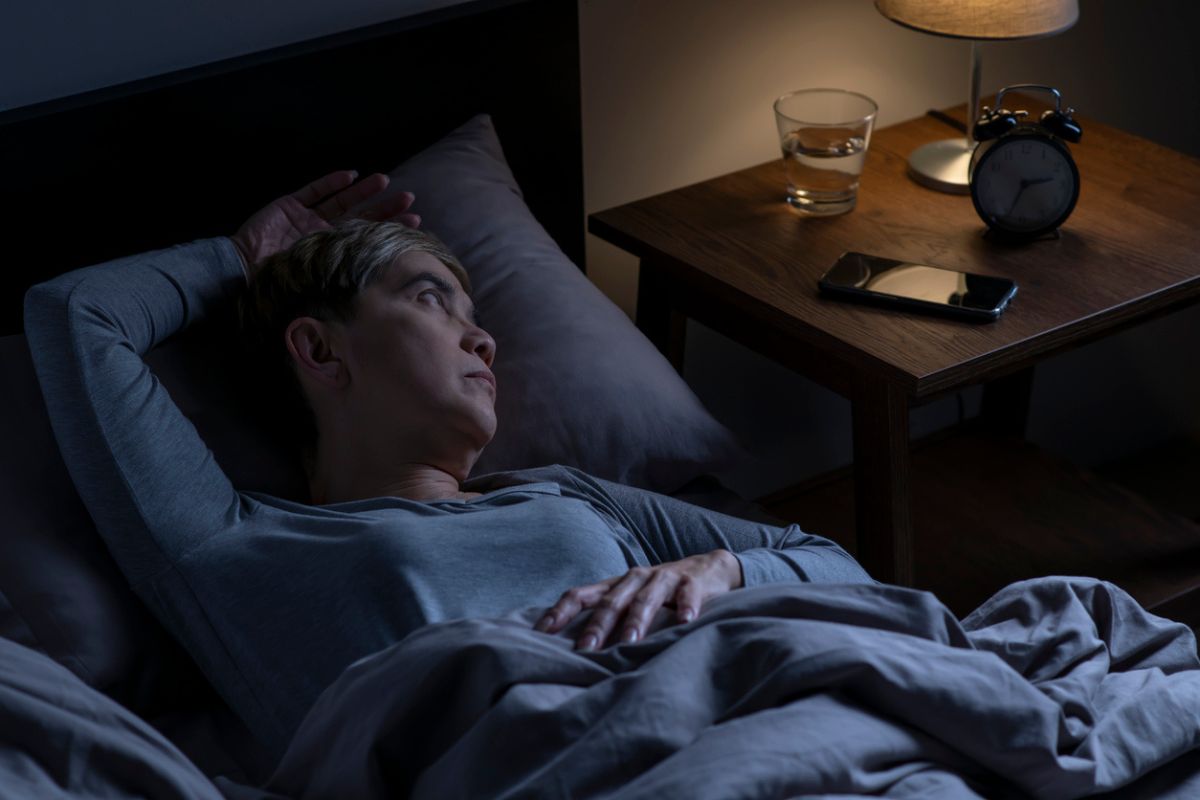This week we report on a possible tardive dyskinesia treatment, a hopeful approach to PTSD, and a compelling case study on delusional infestation.
Valbenazine Shows Promise in Elderly Patients
Older adults face an elevated risk of developing tardive dyskinesia (TD) — a common side effect of antipsychotic medications. New results – appearing this week in The Journal of CLinical Psychiatry – from post hoc analyses of two long-term clinical trials (KINECT 3 and KINECT 4) highlight the efficacy and safety of valbenazine as a treatment.
TD symptoms pose a grave threat to elderly populations, since they can impair mobility, eating, and breathing.
The once-daily VMAT2 inhibitor, prescribed to TD patients 65 and older produced significant symptom improvement by Week 8 of the study, with sustained benefits persisting through Week 48. At the end of treatment, 82.1% met the threshold for a 50% or greater AIMS score reduction. Elderly participants also reported high rates of global improvement, with 92.9% achieving a clinician-rated response.
The study participants tolerated the valbenazine well, with no notable difference in adverse event rates between different age groups. While somnolence and urinary tract infections emerged as the most common issues, the researchers documented few serious adverse events. Better still, psychiatric symptoms remained stable throughout the treatment regime.
Valbenazine’s user-friendly formulation – sprinkle-compatible capsules requiring no dose titration – made it ideal for older adults.
With the elderly population projected to grow significantly in the coming decades, these results offer hope for improving quality of life in a vulnerable, underrepresented group. In short, the findings support valbenazine as a valuable treatment option for managing TD in aging patients.
IN OTHER PSYCHIATRY AND NEUROLOGY NEWS
- New JCP research highlights the power of optimism in supporting veterans’ mental health.
- PCC reports on a striking case of delusional infestation linked to heavy substance use.
- A brief online CBT workshop showed potential in curbing postpartum depression and anxiety in higher-risk pregnant women, but ultimately proved inconclusive.
- PCC also shares some interesting original research on what internists and neurologists think about catatonia.
- Finally, we’ve got some news that confirms dogs are better than people.



